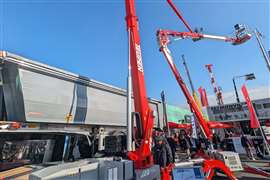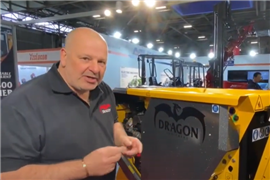Trevi freezing in Rome
19 July 2011

Experiments in soil freezing have been completed on work for Line C of the metro in Rome, Italy, next to what will be the Imperial Forums/Colosseum station.
The tests have been carried out by Trevi, the Italian-based foundation engineering and drilling services company, to try to cope with the particular geological characteristics of the site. These include lime and clay mixed with sand, which required a preliminary evaluation of the parameters of the consolidation to be performed using the soil freezing technique.
The poor consistency of the water-saturated soil at an approximate depth of 30 metres was another factor, as it prohibited the widening of the tunnel created by the TBM (tunnel boring machine).
Further excavation of the tunnel will be necessary to create the space for construction of the station, and this cannot be achieved before the ground is made cohesive.
Trevi said that soil freezing, an alternative to consolidation via injections, had the advantage of shorter execution times and also avoided the use of binders.
With soil freezing, the temperature of the water in the soil is gradually lowered until it turns to ice. The ice then binds the various components together to increase the overall strength of the soil layers and make them impermeable.
Line C, for which Trevi is also performing works at the Mirti station in the Centocelle quarter, will run 25,5 km through 30 stations following a northwest to southeast axis.






